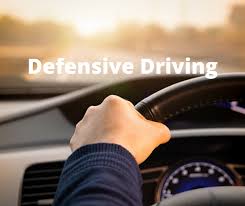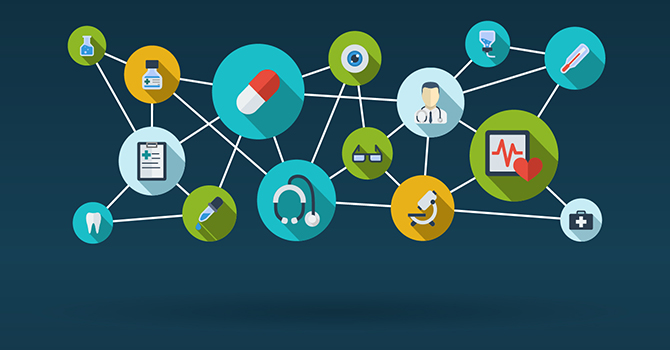
The driver training course is designed to teach safe driving techniques and to instill responsible driving habits in the drivers. The program aims to reduce the risk of collisions by anticipating dangerous situations, despite adverse conditions or the mistakes of others.
Our training methodology for this program will include:
- A focus on improving driver behavior and learning to anticipate dangerous situations, such as the errors of other drivers or hazardous driving conditions.
- Instruction in theory combined with practical behind-the-wheel (BTW) training on public roads.
The workshop will be designed to be run as a combination of lectures / instructions as well as practical exercises where the drivers will practice safe driving on the road under supervision of the trainer
The training will be conducted in a relaxed, interactive and non-judgmental manner in order for the participants to enjoy the process as well as gain maximum benefit from the program.
Course Objectives
– Enhanced Driving Skills
– Dealing With Emergency Situations
– Driver Behavioral Coaching
– Observational Skills
– Road Hazard Assessment
Key Topics
– Driving Mindset
– Vehicle Pre-Trip
– Vehicle Inspection
– Driving Distractions
– Defensive Driving Techniques
– Adverse Driving Conditions
– Fatigue Management
– Eye Tests
– Driving Ergonomics
– Road Hazards
On-Road Assessment
Assessment drive by trainee followed by debriefing by trainer.
Outcome for employers
- Reduce road driving risks of employees
- A safe driving culture in the organization
- Develop mindset, attitude, knowledge and skills of employees
- Trained and certified drivers
- Better fleet performance and less operating costs
Outcome for the Drivers
- Appreciate importance of training for self, the Company and others
- Appreciate the role of mindset for safe driving
- Acquire knowledge of road accident causes, accident risks and security risks
- Comprehend theory and practice of reactive and proactive defensive driving
- Practice advanced observation techniques in the classroom and on-road
- Practice identifying risks on the road and plan driving tasks
- Awareness of areas of own weakness and formulate an improvement strategy




